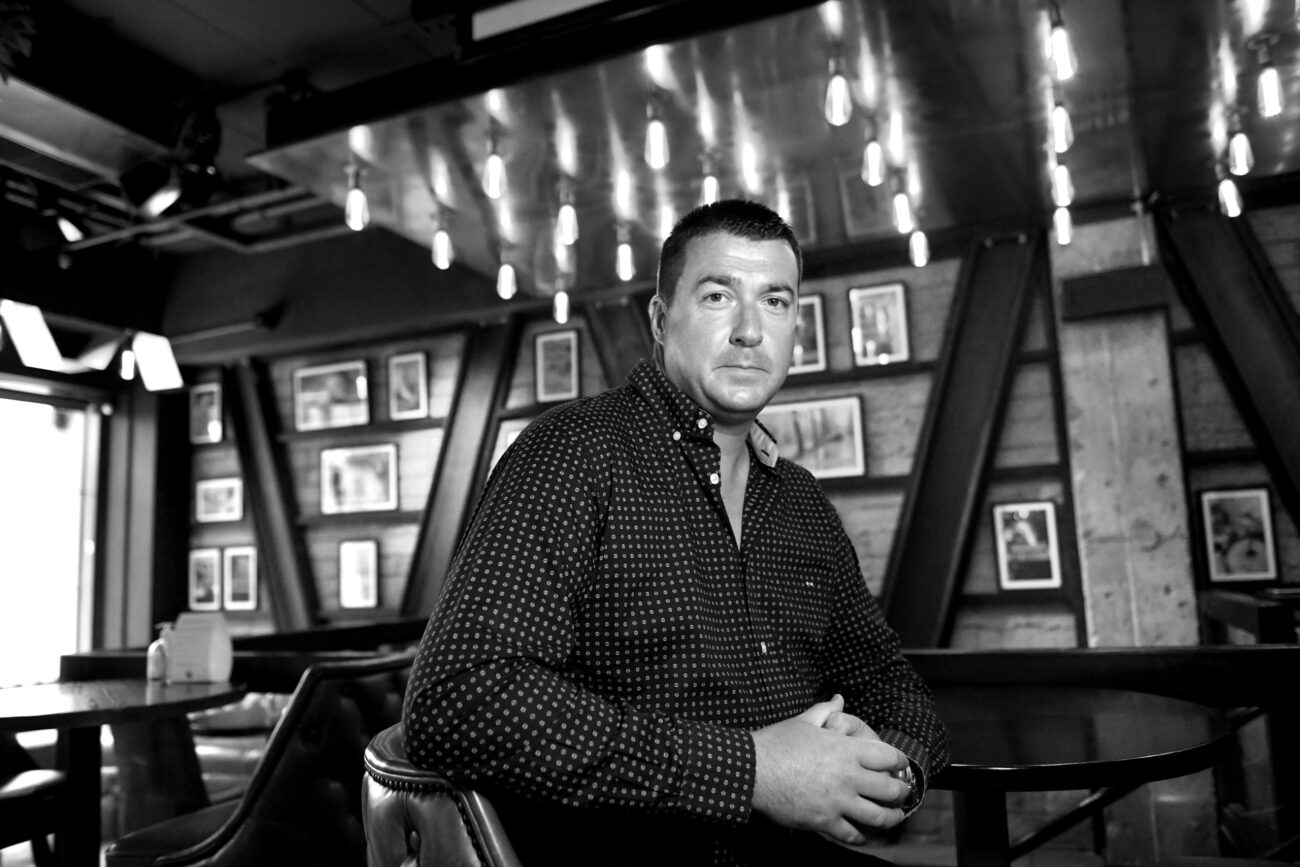Even before it started, Noel Anderson knew it was going to be one of the most important meetings of his life – if not the most important meetings. So, he made sure to prepare. He printed off a copy of his insurance policy with FBD, which contained a clause covering his two Dublin pubs from business interruption as a result of infectious diseases. Then, he printed off the side letter he had received from the Irish-owned insurance company just 54 hours before, covering that he was insured specifically for the coronavirus. Anderson had seen the images from Italy and was…
Cancel at any time. Are you already a member? Log in here.
Want to read the full story?
Unlock this article – and everything else on The Currency – with an annual membership and receive a free Samsonite Upscape suitcase, retailing at €235, delivered to your door.

